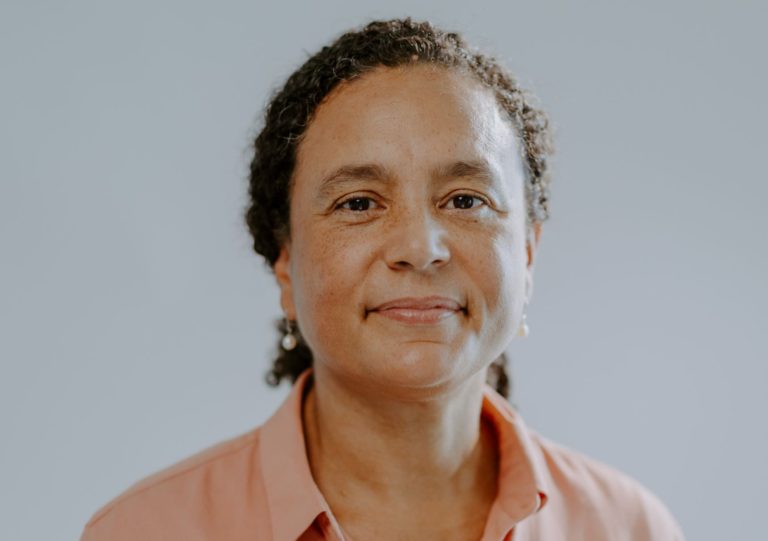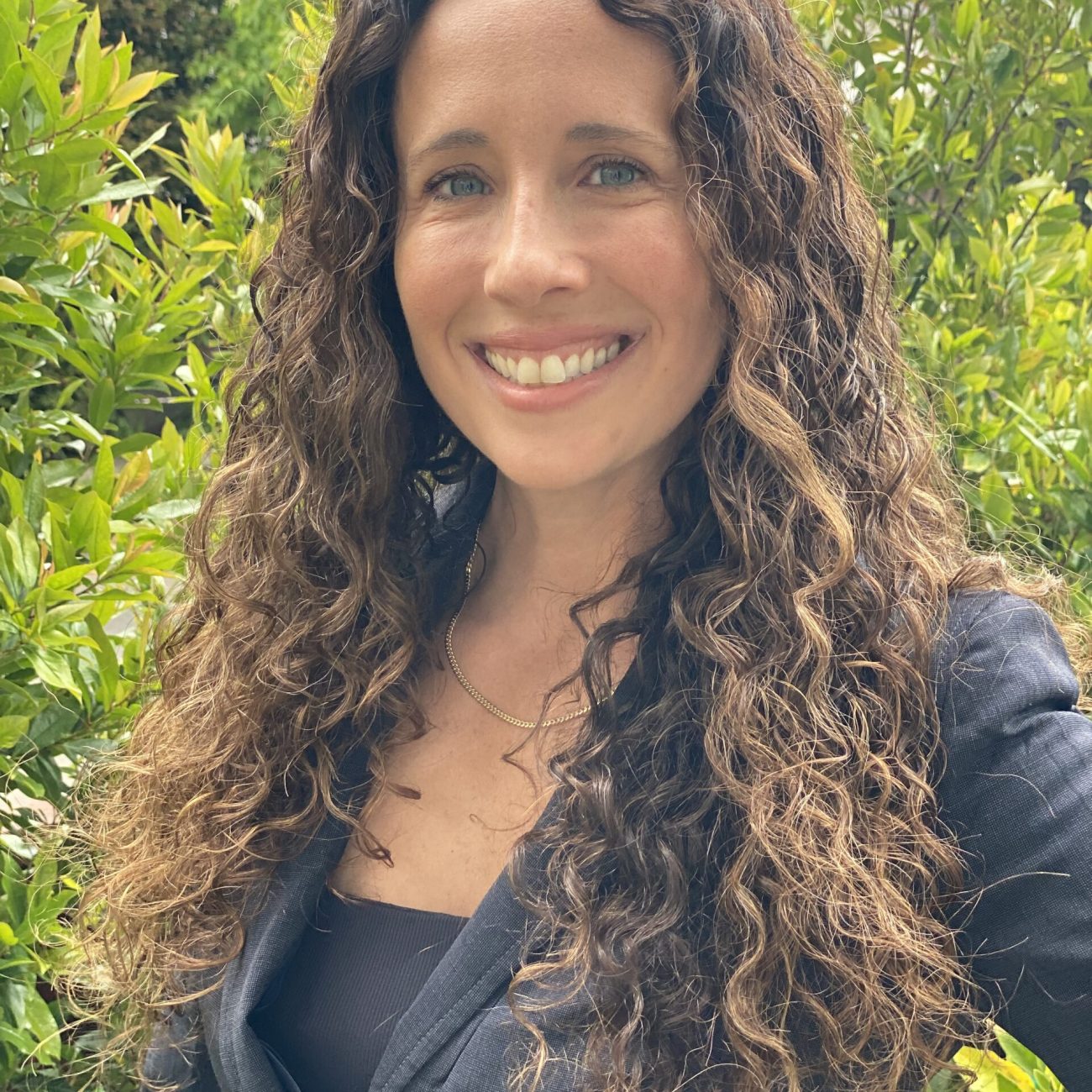Message from the Interim Chair and the Vice Chair for Education
Thanks for your interest in the UCLA Adult Psychiatry Residency Training Program. With leadership by Dr. Jonathan Heldt, our program has enhanced our training by providing new opportunities for residents. There is a recognition that people who enter our residency come to us with different life experiences and different goals and expectancies for their training. We are fortunate that UCLA provides a range of opportunities for career development that would be difficult to reproduce anywhere else. For applicants with an interest in research, UCLA can provide opportunities in every conceivable area including basic science, clinical science, health services, social sciences, and others. Our medical school campus is co-located with the large UCLA campus providing opportunities for working with departments that include Neuroscience, Nanoscience, Psychology, Mathematics, Anthropology, and many others. Moreover, our residents have engaged with each of these departments.


Our residents have also become more interested in addressing the challenges that our patients face in accessing mental healthcare. As a result, the program has supported their efforts to address important issues including healthcare disparities based on race and developing new models for providing care to underserved populations. We are also able to support residents who are interested in addressing the mental health needs of vulnerable patients including people in corrections; those who are homeless; recent immigrants; and migrants. These opportunities and others have become available because of our being centered in Los Angeles, perhaps the most diverse city in our country as well our strong relationships with Los Angeles County and the VA.
As the program has evolved other things have remained unchanged. UCLA is a national leader in psychiatric education, clinical care, and research. We train our residents to become leaders in our field. There is a tradition in clinical training that has spanned multiple generations of UCLA psychiatry faculty. The approach integrates discovery in neuroscience, somatic treatment, and psychotherapies. Our senior faculty who are recognized as leaders in their fields directly supervise residents on our wards and in our clinics. We take pride in the development of outstanding clinicians.
The program has recognized that these diverse interests require opportunities for residents to develop their own interests. This has led to the introduction of new clinical and research elective time in our second year as well as opportunities for joining clinical tracks in areas such as community psychiatry and global mental health and neuromodulation.
Helena Hansen, M.D., Ph.D., Interim Chair
Katrina DeBonis, M.D., Vice Chair for Education
